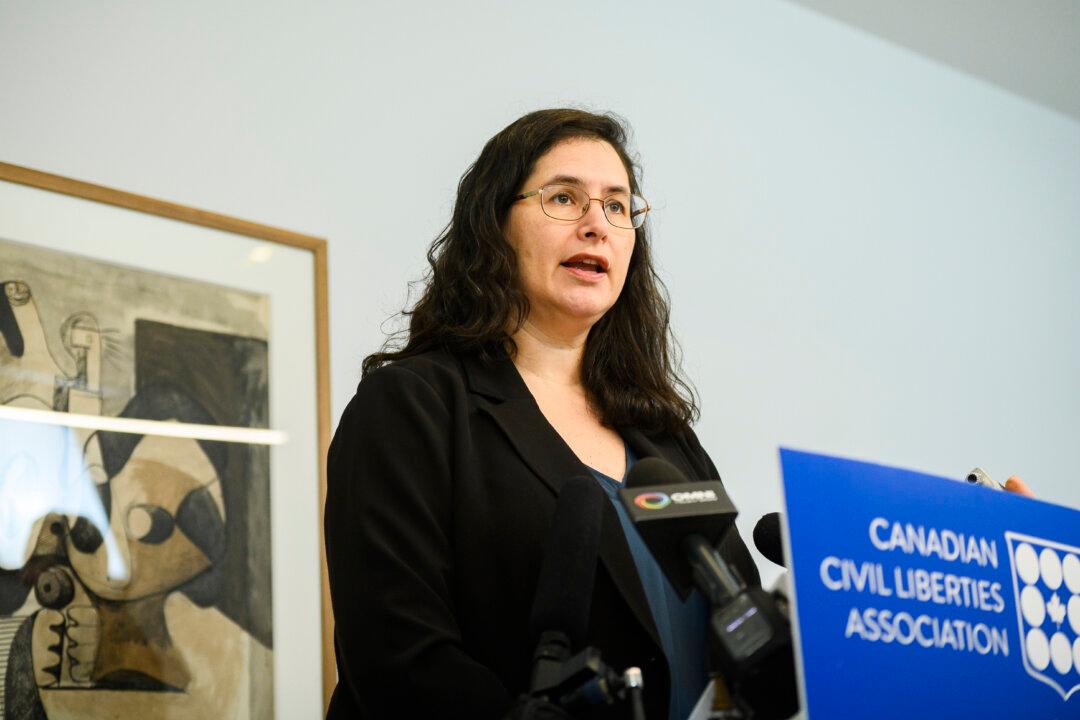The Canadian Civil Liberties Association (CCLA) is vowing to fight the federal government “tooth and nail” as Ottawa seeks to appeal a decision by the federal court that found its use of the Emergencies Act in 2022 was “unreasonable” and unjustified.
The CCLA says it will defend the Jan. 23 ruling of federal judge Richard Mosley that the invocation of the Emergencies Act in response to 2022’s Freedom Convoy infringed on Canadians’ charter rights.





